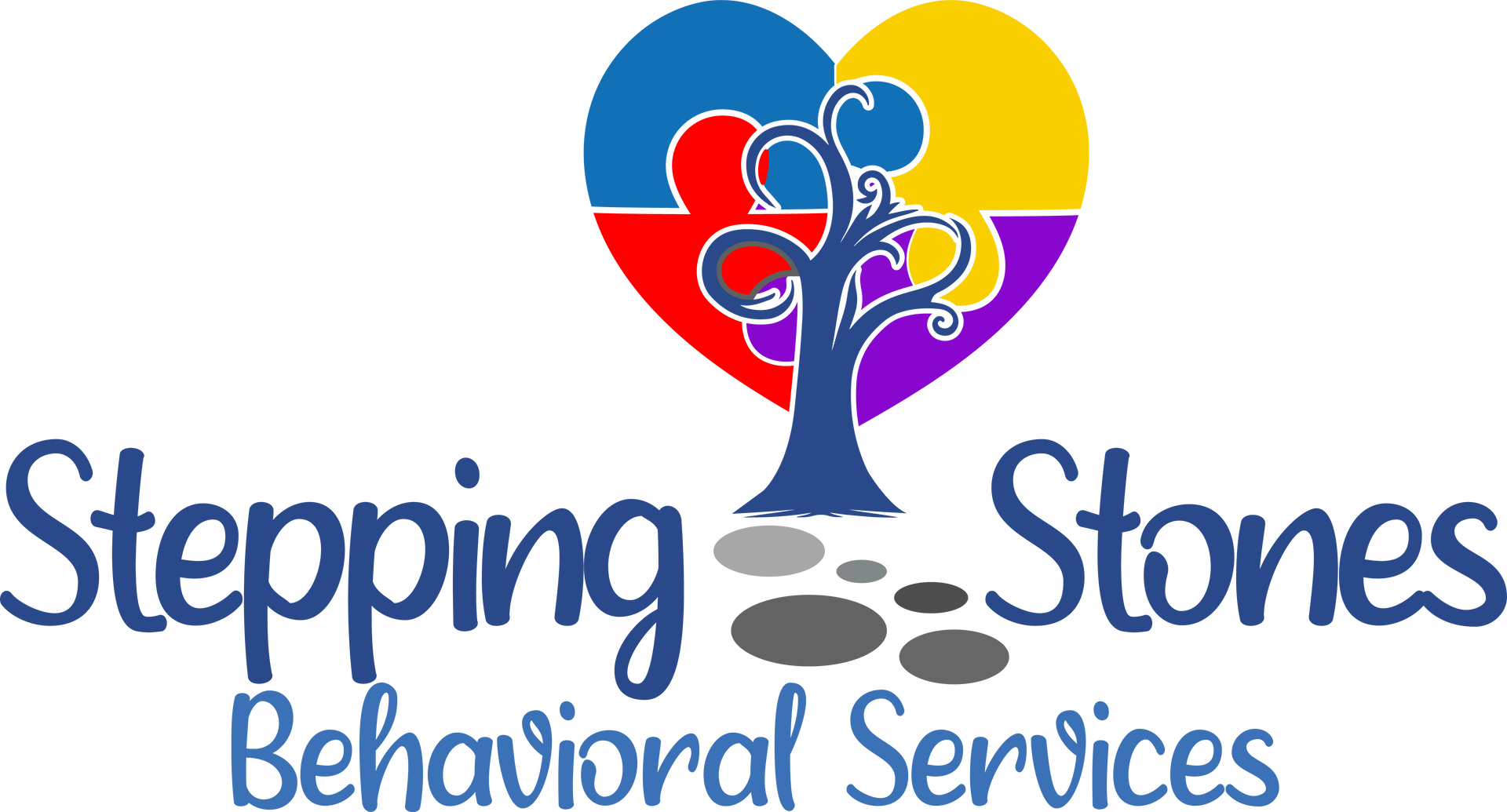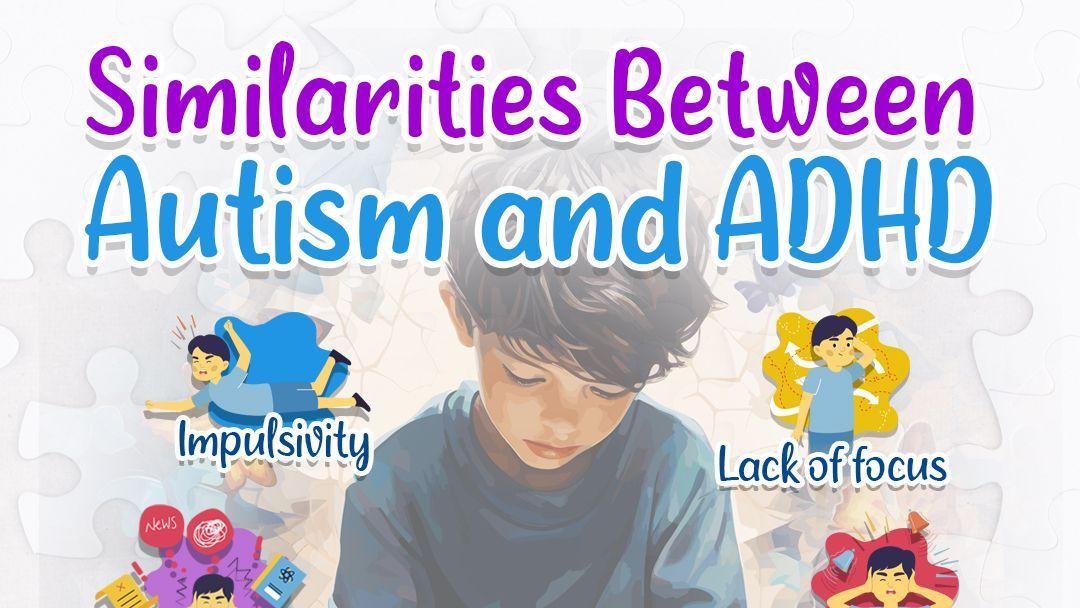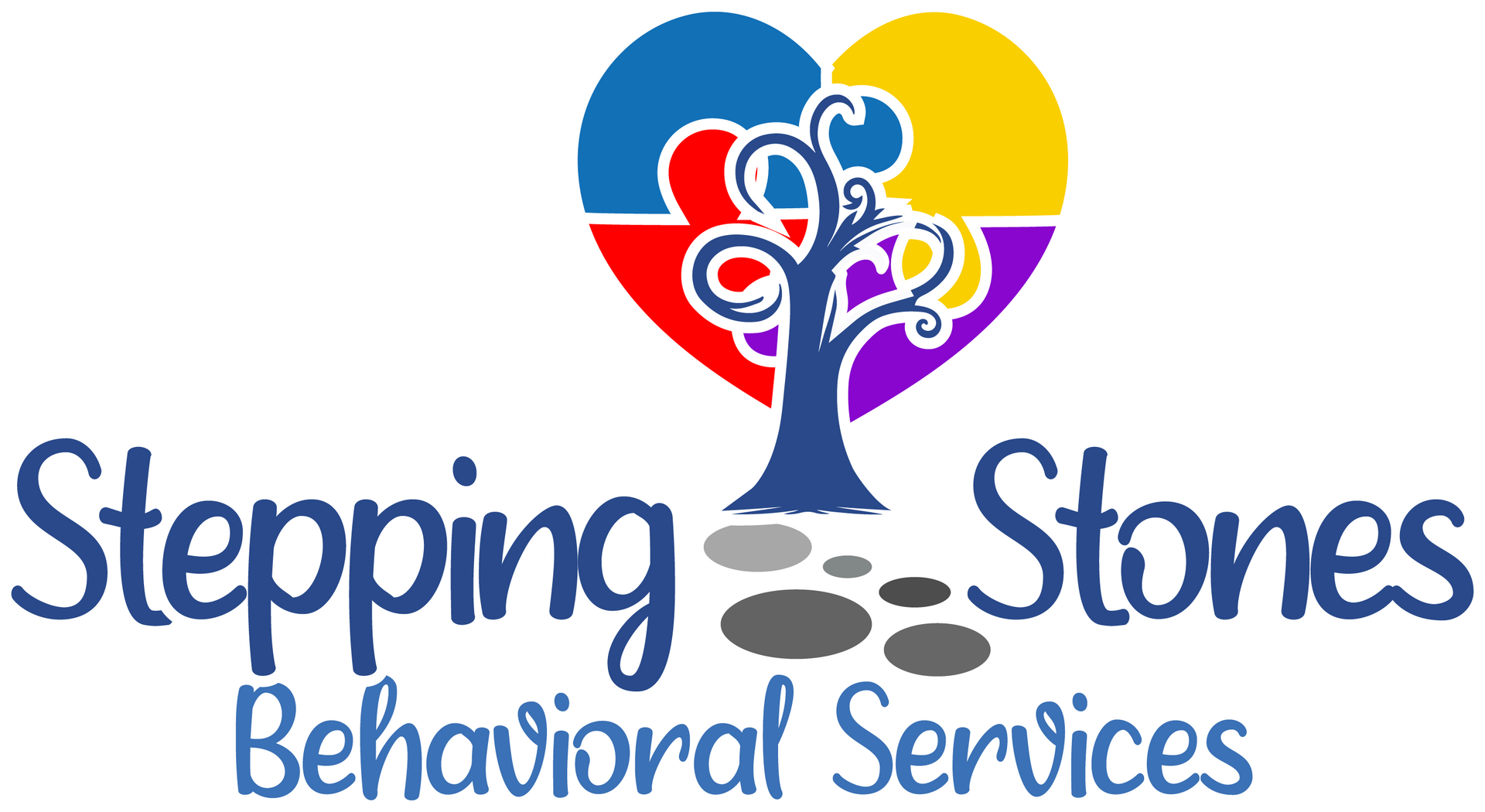
Now accepting new clients
Is ABA Therapy Only for Autism? Exploring Its Broader Applications

The Common Misconception: ABA is Only for Autism
ABA therapy is based on the principles of behaviorism, which focus on how behaviors are learned and influenced by the environment. ABA therapy aims to increase positive behaviors and decrease negative ones, helping individuals achieve meaningful and lasting improvements in their daily lives. ABA therapy is widely known for its effectiveness in treating Autism Spectrum Disorder (ASD). It is often the go-to intervention for helping individuals with autism develop essential skills such as communication, social interaction, and daily living activities. However, this association has led to a common misconception that ABA therapy is exclusively for autism. In reality, ABA has a much broader range of applications.
Developmental Disabilities
ABA therapy is beneficial for individuals with various developmental disabilities, such as:
- Down Syndrome: ABA techniques can help individuals with Down syndrome improve communication, social interaction, and daily living skills.
- Intellectual Disabilities: ABA can support individuals with intellectual disabilities in developing essential life skills, enhancing their independence and quality of life.
Developmental Delays
ABA therapy can be particularly effective for children with developmental delays. By focusing on the following areas, ABA can help these children catch up to their peers:
- Language and Communication Skills: ABA helps children develop essential language and communication skills through structured interventions and positive reinforcement.
- Social Skills: ABA can teach children with developmental delays how to interact appropriately with peers and adults, improving their social competence.
- Adaptive Behaviors: ABA interventions can focus on self-care and daily living skills, enhancing the child's ability to function independently.
Behavioral Disorders
Children and adults with behavioral disorders can also benefit from ABA therapy, including:
- Attention Deficit Hyperactivity Disorder (ADHD): ABA strategies can help manage symptoms of ADHD by promoting focus, reducing impulsivity, and improving organizational skills.
- Oppositional Defiant Disorder (ODD): ABA can address challenging behaviors associated with ODD, such as defiance, losing their temper, aggression, and rule-breaking, by teaching alternative, positive behaviors.
- Obsessive Compulsive Disorder (OCD): ABA therapy for OCD often involves collaboration with other mental health professionals, such as psychologists or psychiatrists, to ensure a comprehensive treatment approach. The condition characterized by persistent, unwanted thoughts (obsessions) and repetitive behaviors (compulsions) that an individual feels driven to perform. These obsessions and compulsions can significantly interfere with daily functioning and quality of life. ABA focuses on understanding and modifying behavior through the principles of behaviorism, which involves the systematic application of interventions based on learning theory.
Academic Performance
In educational settings, ABA techniques are used to improve academic performance and classroom behavior:
- Learning Disabilities: ABA can help students with learning disabilities develop effective study habits, organizational skills, and strategies for overcoming academic challenges using self management and monitoring strategies along with reinforcement.
- Classroom Behavior: ABA interventions can improve classroom behavior, such as increasing on-task behavior, reducing disruptions, and promoting positive social interactions.
Conclusion
ABA therapy is a versatile and effective approach that extends far beyond its well-known application in treating autism. Its principles can be applied to a wide range of behavioral, developmental, and mental health challenges that affect behavior, making it a valuable tool for improving the lives of individuals across various populations. If you or a loved one is struggling with behavioral issues or developmental delays, consider exploring ABA therapy as a potential intervention. Collaborative efforts between ABA therapists, educators, psychologists, and families ensure a holistic approach that addresses both the behavioral and cognitive aspects of various disorders. Its evidence-based methods and personalized approach can lead to meaningful and lasting improvements in quality of life.
Useful Links
All rights reserved | Stepping Stones Behavioral Services Inc.
Powered by Altech Web Design






